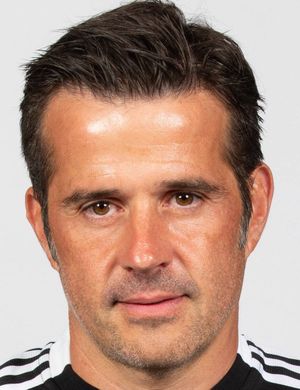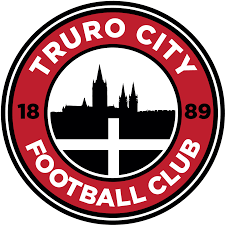The Ascendancy of Marco Silva in Football Management

Introduction
Marco Silva, a name gaining considerable recognition in the world of football management, has made an indelible mark in the sport, especially in the English Premier League. His coaching tactics and success with various clubs have made him a figure of interest among fans and analysts alike. As football continues to evolve, understanding Silva’s contributions and strategies is essential for appreciating the modern game.
Early Career
Silva began his professional journey at Olhanense before moving to bigger teams like Estoril Praia and when he achieved significant success at Sporting CP, leading to his first major silverware. However, it was during his time at the Portuguese club, where he earned accolades that caught the attention of clubs across Europe.
Notable Achievements
His managerial prowess truly shone when he took over at Hull City in the 2016-17 Premier League season, where he managed to stave off relegation against all odds. Following this, his tenure at Watford was marked by a strong start, earning Silva a reputation for his attacking football and player development. His move to Everton in 2018 saw him leading the team to a respectable eighth-place finish in the league. Currently, he is at Fulham, where he has been instrumental in their promotion back to the Premier League after a brief stint in the Championship.
Modern Tactics and Philosophy
Marco Silva is known for his fluid attacking style and emphasis on possession-based football. His tactical flexibility allows his teams to adapt effectively to different opponents, making him a formidable manager. His ability to motivate players and develop young talent has also played a crucial role in his teams’ successes, and his emphasis on a strong defensive organisation remains vital in modern football.
Future Prospects
As Silva continues to lead Fulham in the Premier League, many are eager to see how he will further evolve as a manager. Analysts suggest that if he maintains his current trajectory, Silva could become one of the premier managers in Europe, potentially attracting the interest of top clubs in the future. His knack for fostering talent and delivering results suggests he is certainly one to keep an eye on in the coming years.
Conclusion
Marco Silva’s journey in football management reflects the broader changes within the sport. His innovative approach combined with proven tactics positions him as a significant player in the football landscape. As he further develops the Fulham side, fans and supporters across the globe will undoubtedly be watching closely to see how this promising manager continues to shape his legacy.








